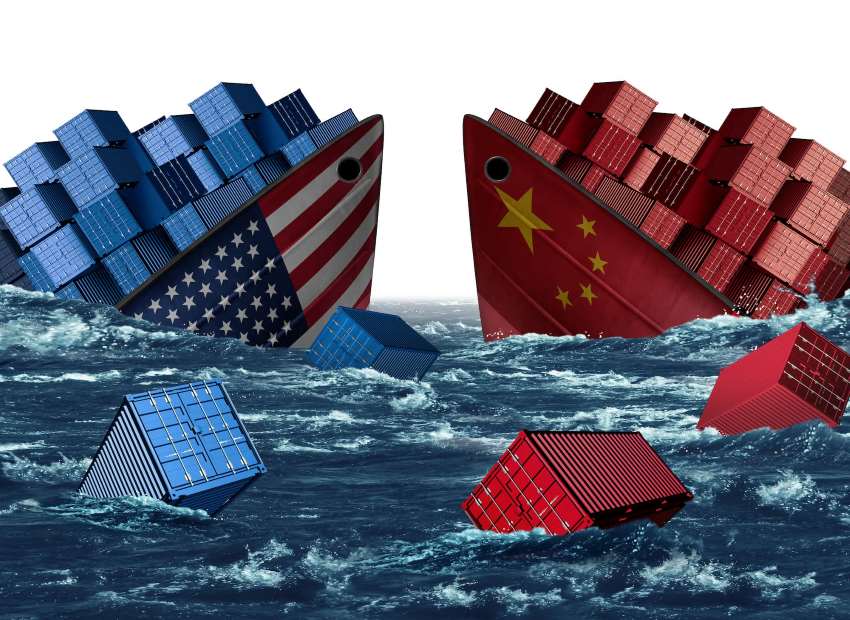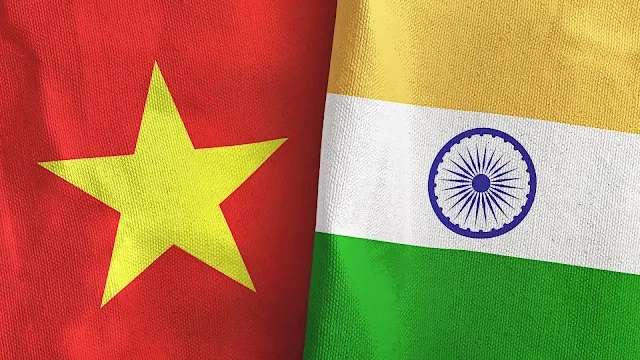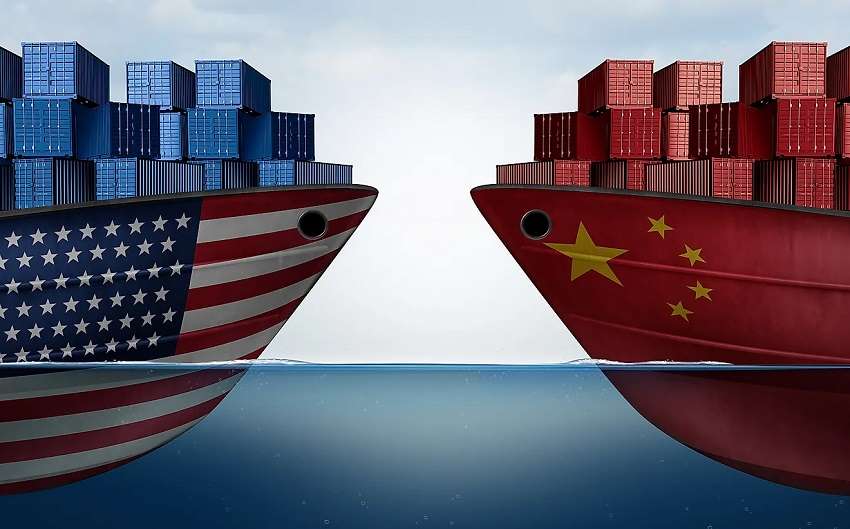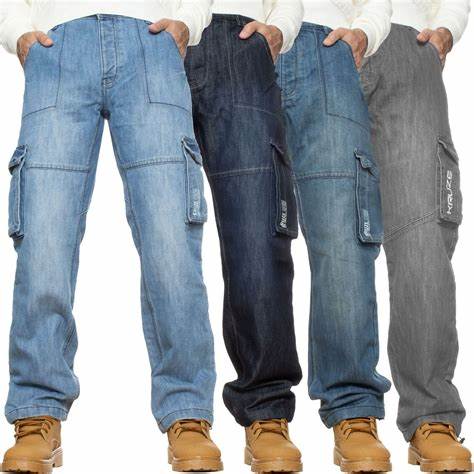With the signing of the Trans Pacific Partnership trade agreement between 12 Pacific Rim countries of which China is not a part of, the textile industry of China is undergoing palpable change as many countries see a threat of a power shift in the world’s textile industry. Despite the slowdown in Trans-Pacific Partnership due to the United States presidential and congressional elections, the impact has already been felt by China as companies are trying to move out, The Woolmark Company key account manager for Hong Kong, Daniel Chan has reportedly said.
With the elimination of tariffs set to promote competitiveness of textile industry, Chan was of the view that the reaction has been immediate, bringing trade momentum from China to Vietnam. Since the profit margin is low, manufacturers, mostly from China and Hong Kong have migrated to Southeast Asia and are trying to save money by setting up factories there. According to Woolmark Company Hong Kong, country manager Alex Lai, manufacturing is moving from China to Southeast Asia into Bangladesh, Vietnam, Cambodia, Burma and Indonesia because of labour costs. He is of the view that in the future, the Tangible Personal Property TPP tax benefits to export to Europe and US would be attractive.(Tangible personal property is a tax term describing personal property that can be physically relocated, such as furniture and office equipment).
Big businesses in the supply chain are already building their businesses in TPP partner countries. The TPP is anticipated to set widespread new rules for trade, investment, intellectual property, labour, data storage, state-owned enterprises and the environment across 40 per cent of the world's economy in countries like Australia, Brunei, Canada, Chile, Japan, Malaysia, Mexico, New Zealand, Peru, Singapore, US and Vietnam.











